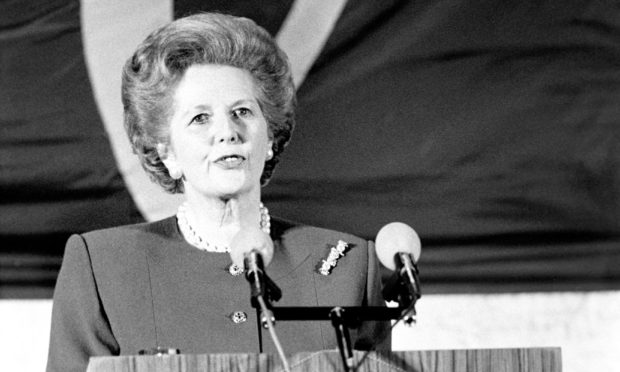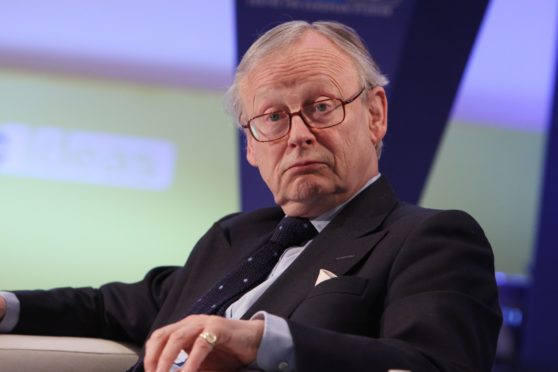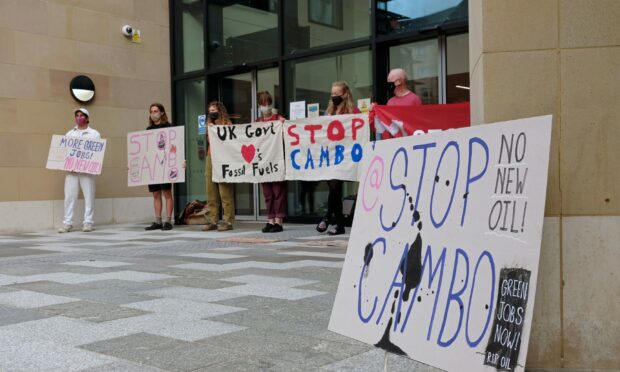Tory peer Lord Deben has admitted the UK allowed post-industrial changes to take place without the economic consequences being considered, as he warned areas like Aberdeen and the North East should not be left behind in any transition away from oil and gas.
Former Agriculture Secretary John Gummer, Baron Deben, serves as chair of the independent Climate Change Committee, which gave evidence to the Scottish Parliament on Tuesday.
He said it was the responsibility of both the Scottish and UK Governments and the private sector to make sure suitable investment is made for the net-zero transition.
Lord Deben noted the case for allowing drilling for oil at the controversial Cambo oil field, off Shetland, was not strong.
He said the Climate Change Committee also opposed trade deals with countries like Australia which could see the import of cheap meat and beef, and that British beef had the best environmental standards.
Lord Deben famously fed his daughter a beef burger in front of the press during the height of the BSE outbreak in the early 1990s.
Transition must be fair
The erstwhile MP served in Edward Heath, Margaret Thatcher and John Major’s Conservative governments, including as Environment Secretary, before he was made a Lord.
When asked how the country should transition from fossil fuel extraction to renewables, he warned communities reliant on the industry must not be forgotten about.
On a trip to Scotland earlier in the summer, Prime Minister Boris Johnson said Margaret Thatcher’s closure of the coal mines in the 1980s was done for environmental reasons, joking it had been an “early start” on transition from fossil fuels — causing outrage from communities in former-pit towns across the UK.
Lord Deben said: “We have to learn the lessons of the past, which is we have allowed in the UK changes to take place without taking seriously the effects on localities and communities and for that reason I do believe very strongly this has to be approached (with thought).
“We have to look at what things we can do to make sure there are alternative jobs and use our ability to use carbon capture and storage etc part of the transition.
“It’s not just a question of a fairness between people of different economic abilities to pay, but also a fairness in terms of regional development and regional concentrations of many of the jobs which we will lose.
“Part of the role of government will be to seek to find ways, with the private sector, to make the transition as fair as possible and we must please stop making it worse.”
Cambo
On the case for extending licenses for exploration at Cambo, Lord Deben said: “The justification for any new oil and gas exploration or production has to be very, very, very strong and I cannot say that I have so far seen any such case.”
Scottish Greens climate spokesperson Mark Ruskell welcomed the comments and added: “The climate science is clear and so are the UK Government’s advisors.
“Cambo cannot go ahead and if his government is to have any shred of credibility going into the COP26 climate summit it’s time Boris Johnson listened to his Committee on Climate Change, instead of the fossil fuel industry.”



